Peru’s “worst ecological disaster” slams small-scale fishing – “I saw the fruits of my livelihood destroyed. It’s like if you have a store and someone comes and sets it on fire.”
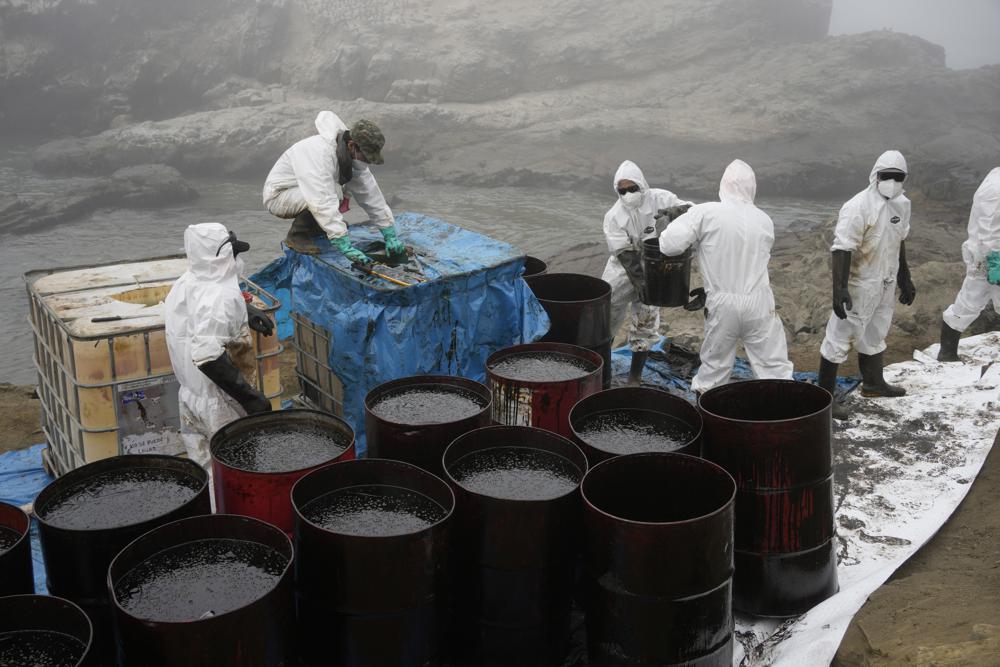
By Franklin Briceño
13 March 2022
CIUDAD PACHACUTEC, Perú (AP) – Walter de la Cruz scrambled down a large sand dune in the fog to reach a rock overlooking the Pacific Ocean, where he has fished for three decades. He cast a hook into the waters off Peru’s coast several times, with no luck. One attempt yielded a piece of plastic stained with oil.
De la Cruz, 60, is one of more than 2,500 fishermen whose livelihoods have been cast into doubt as a result of a large crude-oil spill at the Spanish-owned Repsol oil refinery on Jan. 15.
“We are desperate,” he said, counting on his fingers the debts that overwhelm him, including a bank loan, bills for water, electricity, gas, and school supplies for his two grandchildren.
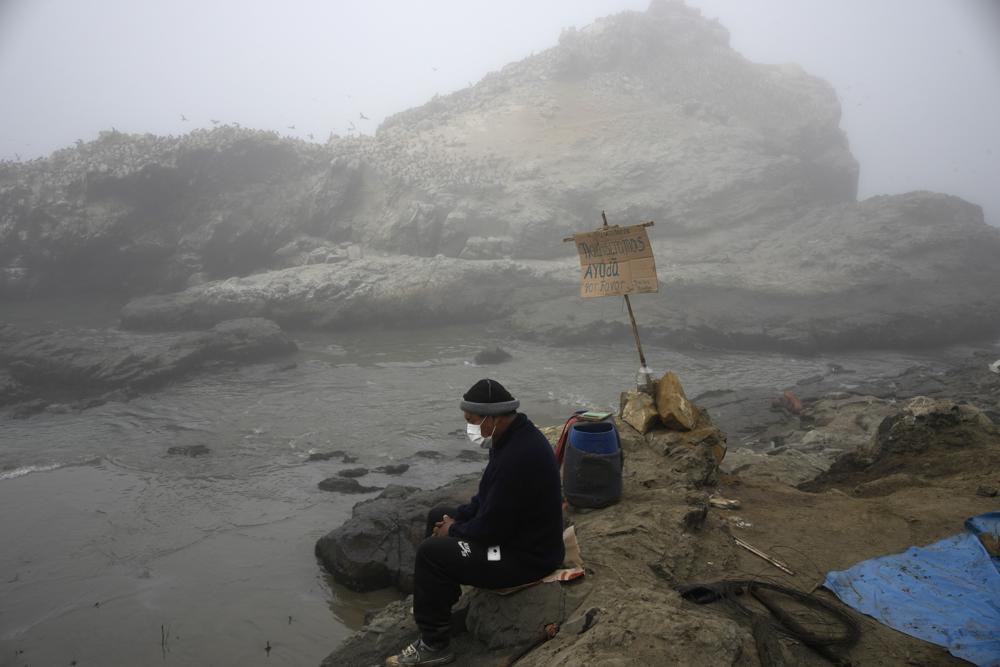
Peru has characterized the spill of 11,900 barrels in front of a Repsol refinery as its “worst ecological disaster.” A report by United Nations experts estimates it involved about 2,100 tons of crude, well above the 700 tons the International Tanker Owners Pollution Federation Limited considers the threshold for a large spill — and an unprecedented amount for the type of crude that leaked. The oil was extracted from Buzios, the world’s largest deep water oil field and the most productive in Brazil.
The spill happened when the Mare Doricum, an Italian-flagged tanker, was unloading oil at the La Pampilla refinery, just off Peru’s coast north of the capital. The ship’s captain told the South American country’s Congress that oil spilled into the ocean for at least eight minutes.
Peru — which has a vast informal economy — does not have exact data on the number of fishermen affected, or of the people on the docks and ports who depend on the fishing industry, including restaurants, food vendors, and those who rent sun umbrellas or boats.
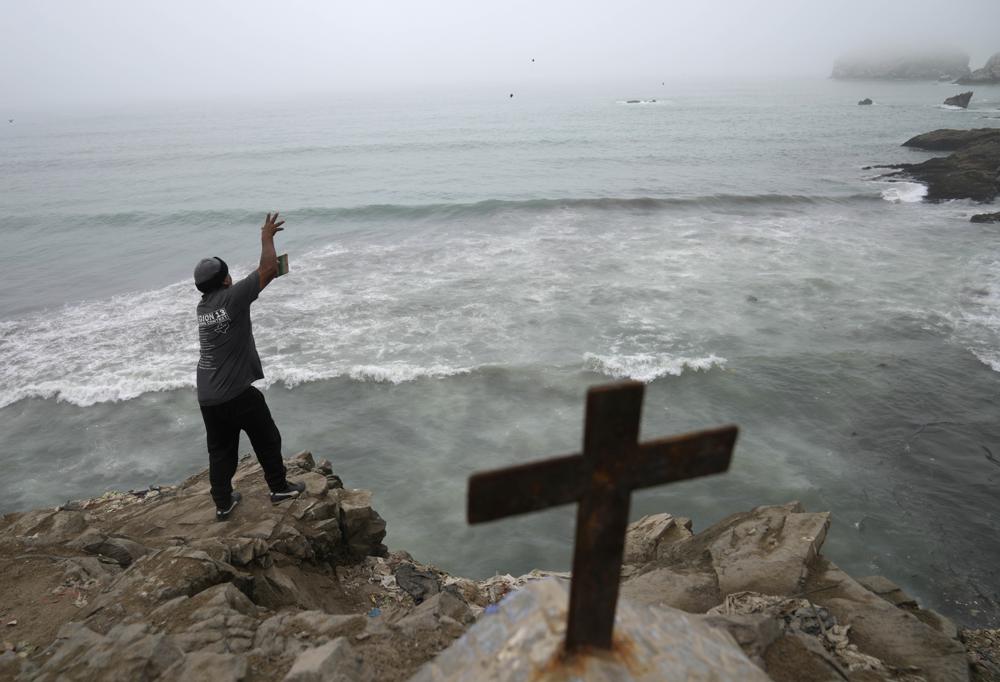
One thing is for sure: The affected artisanal fishermen are among the most economically vulnerable in Peru, harvesting small amounts of fish very close to the coast, sometimes from small boats and sometimes from the shore, said Juan Carlos Sueiro, an expert on the economics of fishing with the international conservation group Oceana.
“They are on the poverty line. Their income varies from day to day,” he said.
De la Cruz said he knew immediately that the oil spreading over more than 106 square kilometers (41 square miles) — an area larger than the city of Paris — would halt for the first time the activity carried out for centuries on Peru’s Pacific coast.
“I saw the fruits of my livelihood destroyed,” he said. “It’s like if you have a store and someone comes and sets it on fire.” [more]
Peru’s ‘worst ecological disaster’ slams small-scale fishing
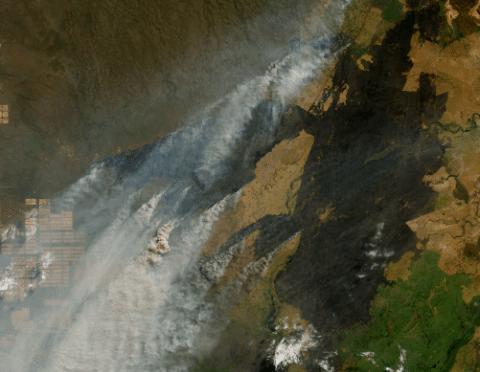
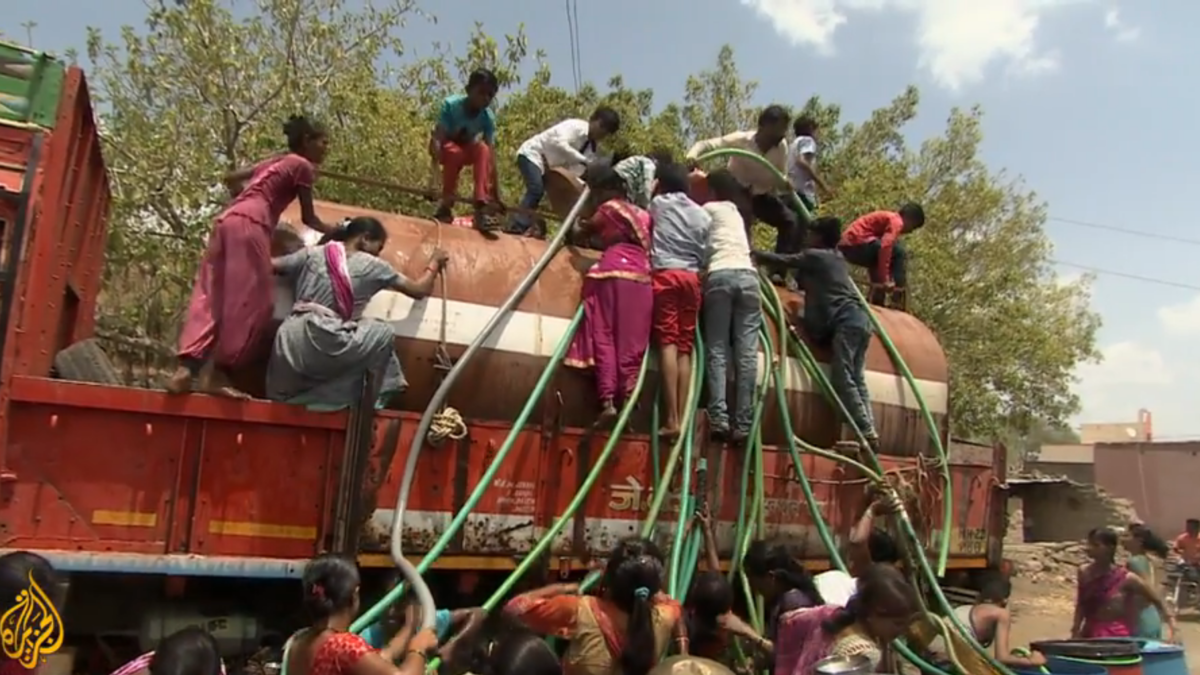
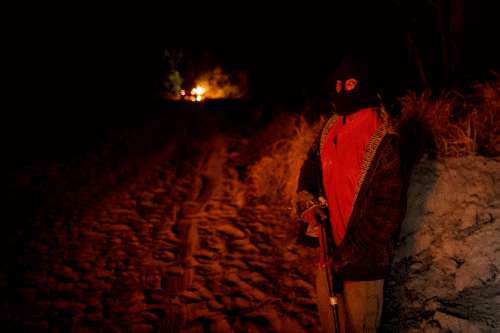
One Response
Comments are closed.